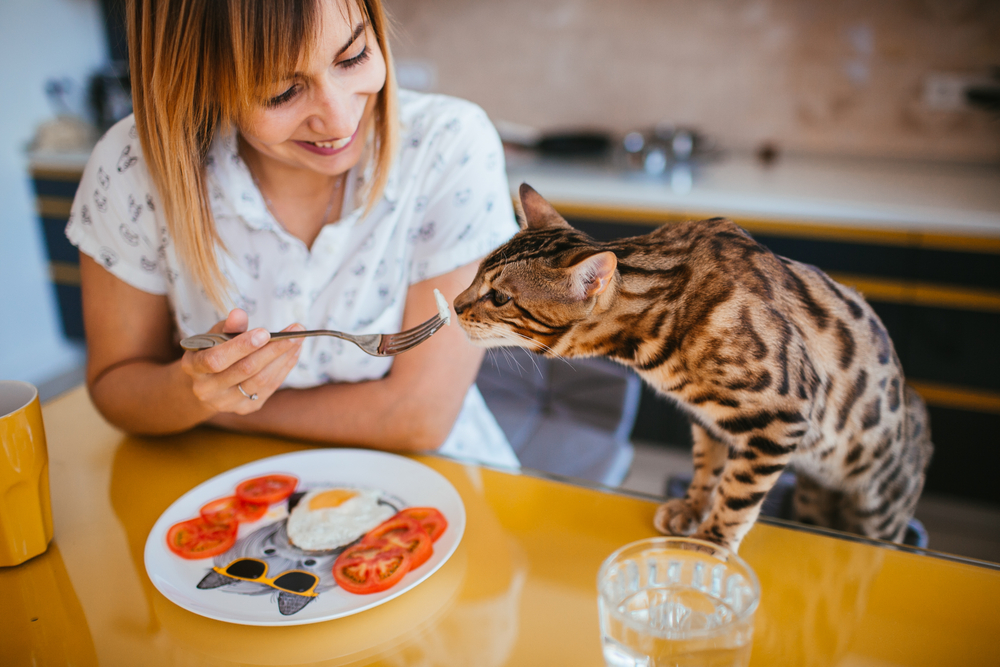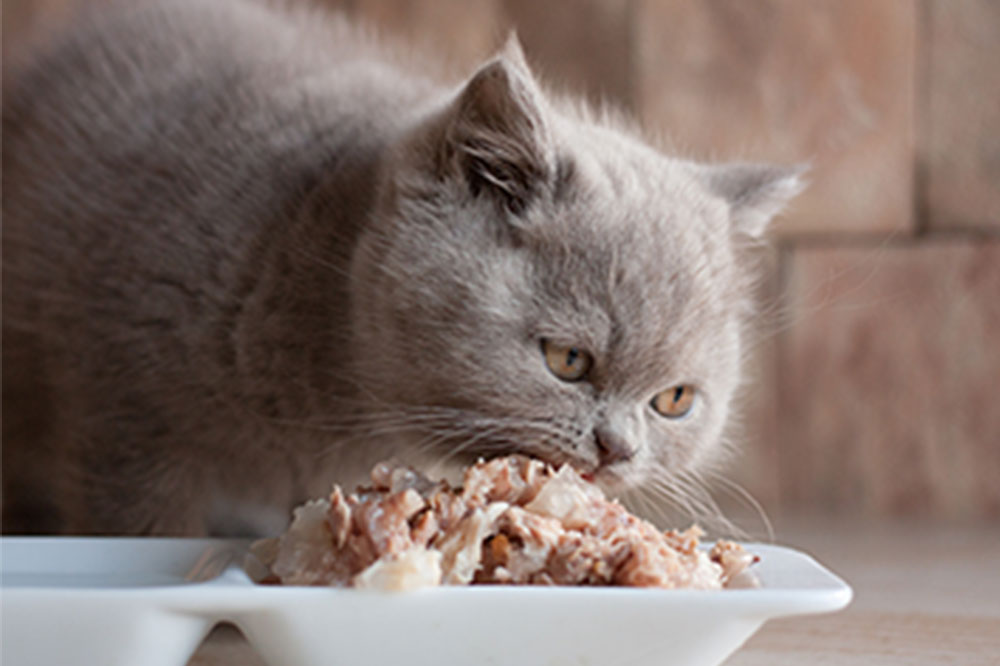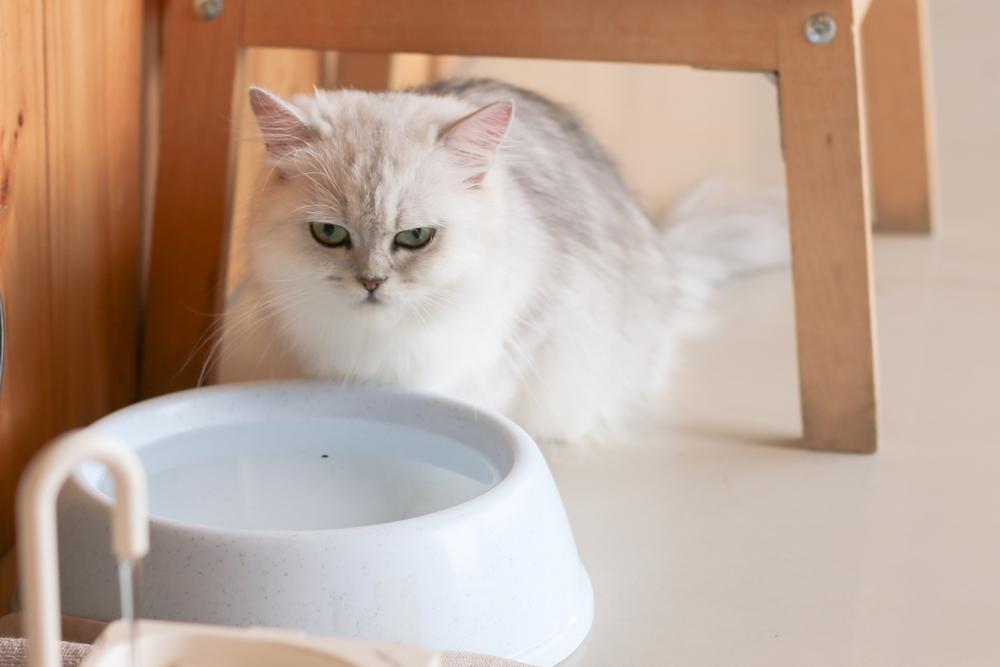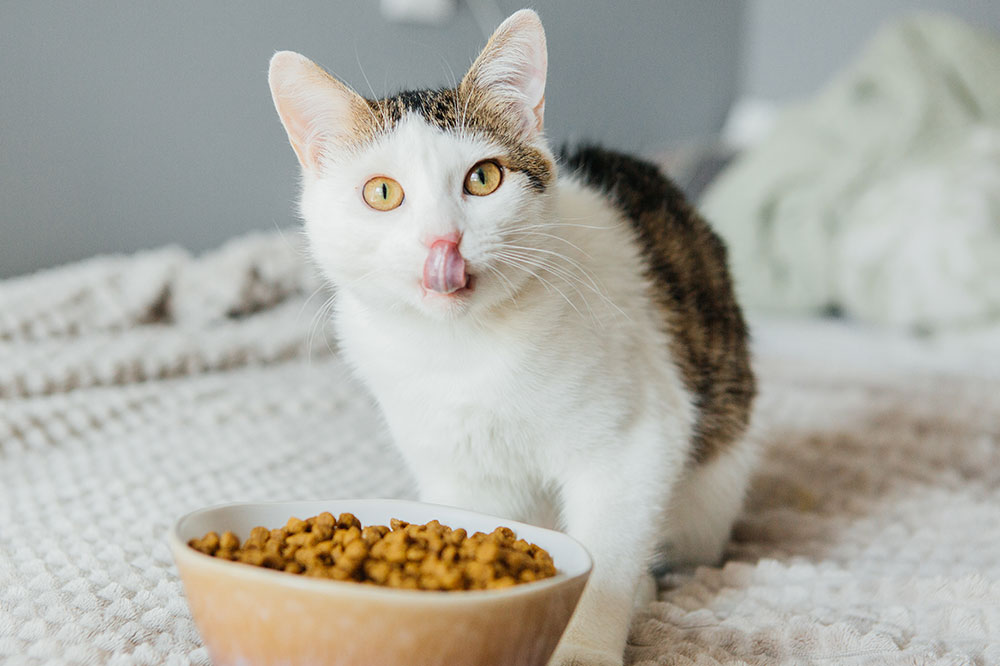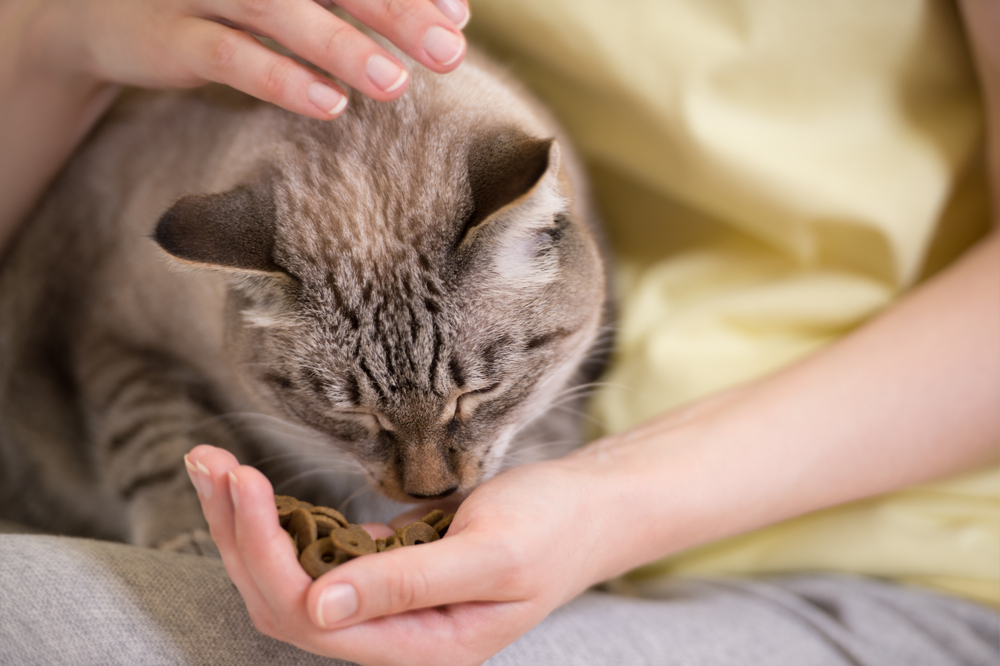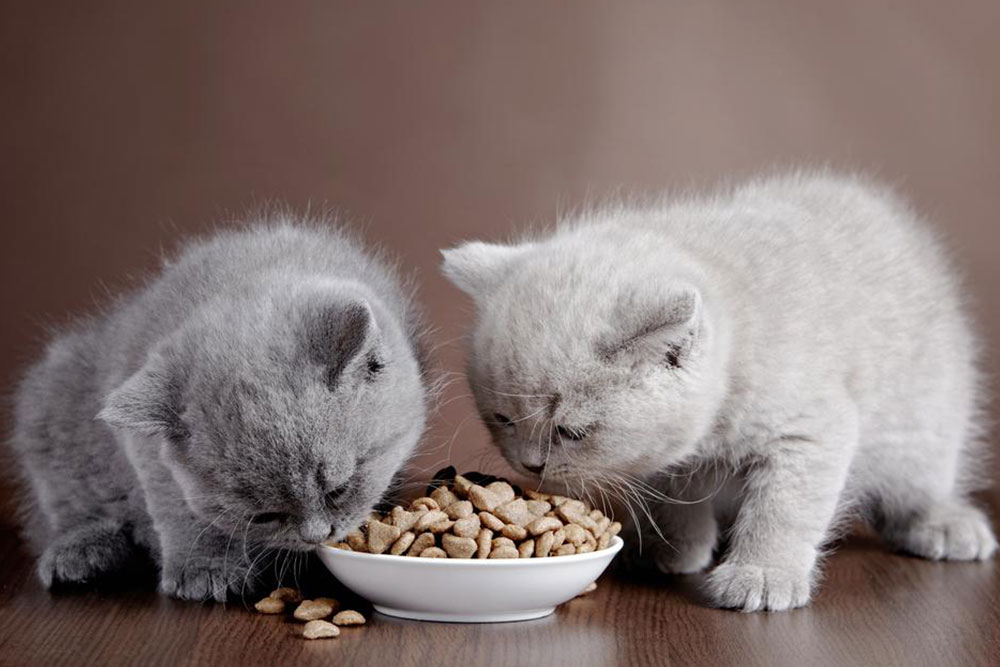Comprehensive Guide to Choosing the Right Cat Food
This comprehensive guide helps cat owners select nutritious, safe, and suitable food for their pets. It covers essential ingredients, harmful additives to avoid, and how to choose between wet and dry food. Expert advice ensures your feline’s well-being, promoting a balanced diet tailored to their needs.
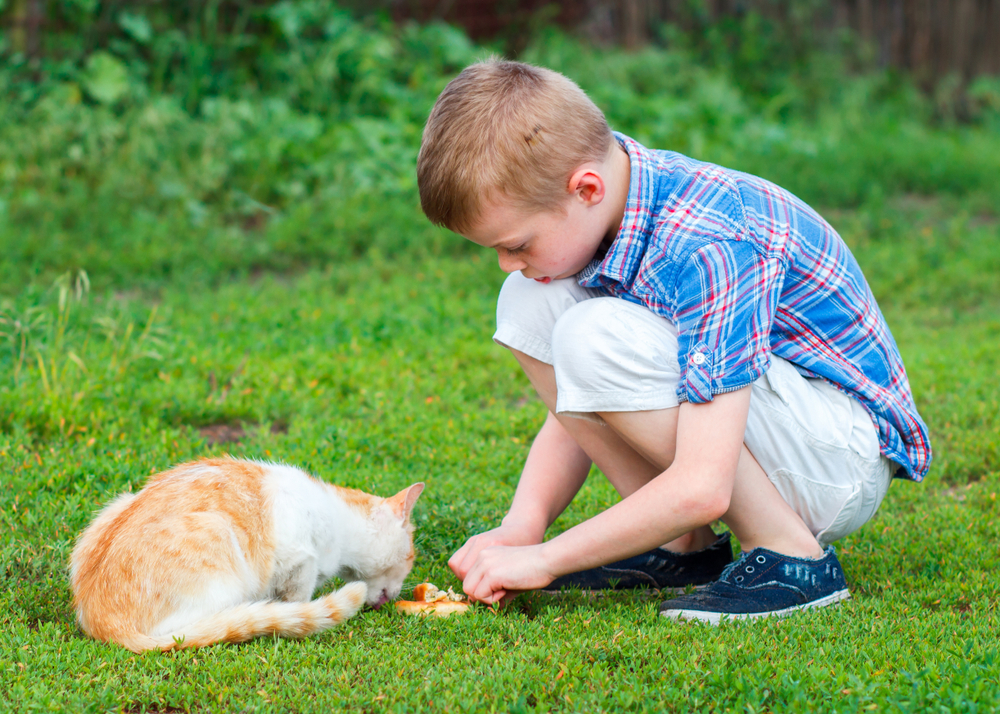
Comprehensive Guide to Choosing the Right Cat Food
As a cat owner, selecting proper nutrition is essential for your pet’s health. Understanding which ingredients are beneficial or harmful helps you make informed choices. You can evaluate the quality of cat food simply by reading labels, focusing on key nutrients and ingredients.
While sticking to a trusted brand can be beneficial, preparing homemade cat meals is also an option. Many cats enjoy fish-based diets, often making expensive foods unnecessary. Whether you buy or prepare, ensuring balanced nutrition is crucial for your cat’s wellbeing.
Proper nutrition involves selecting foods with the right ingredients and nutrients. Knowing what to look for helps you choose high-quality options that meet your cat’s dietary needs. Consulting a veterinarian can optimize your selection and ensure your cat’s health.
Essential Ingredients in Quality Cat Food
Cats require a balanced intake of vitamins, minerals, fats, proteins, and oils. Understanding these components enhances your ability to choose suitable products. Precise quantities are vital; consulting your vet can help determine optimal amounts.
Fats
Fats are energy-dense nutrients vital for overall health but should be in moderation. Excess fats can lead to obesity, so vet guidance is recommended for appropriate levels.
Proteins
Proteins are crucial for growth, repair, and energy. Adequate protein levels support muscle development, but too much can strain kidneys. Striking the right balance is important for your cat’s health.
Amino Acids
Essential for tissue synthesis and energy, amino acids must be sourced from high-quality proteins, primarily meat. Some amino acids are only found in meat, so including meat-based ingredients is necessary, but red meats should be used cautiously due to liver and kidney effects.
Ingredients to Avoid in Cat Food
Certain ingredients can be harmful or unnecessary. Here are some to keep out of your cat’s diet:
Tuna
While appealing, tuna lacks complete nutrition for cats and can cause mercury poisoning with excessive consumption. Opt for safer fish options instead.
Grapes and Raisins
These fruits are toxic to cats and can lead to kidney failure. Avoid treats containing grapes or raisins to keep your pet safe.
Raw Meat, Eggs, or Fish
Feeding raw foods risks bacterial infections and potential harm from certain egg components. Cooked foods are safer and recommended.
Dry vs. Wet Cat Food
Choosing between dry and wet food presents a common dilemma. Wet food generally offers better hydration and palatability. Consult your vet, observe your cat’s preferences, and tailor a diet plan that suits your feline’s needs for optimal health.

